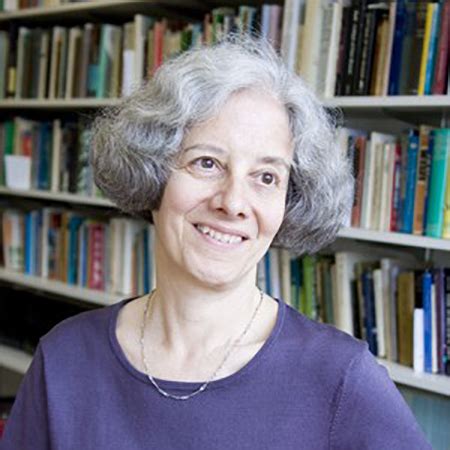A Quote by Nikos Kazantzakis
the highest point a man can attain is not Knowledge, or Virtue, or Goodness, or Victory, but something even greater, more heroic and more despairing: Sacred Awe!
Related Quotes
When virtue is pictured as innocence and innocence equated with childlikeness, the implication is obviously that knowledge and experience are no longer media of goodness, but have become in themselves contaminating. This is a very despairing outlook, in its way as black as Augustine's original sin, for it supposes that original goodness will in all likelihood be defiled...It surrenders the attempt to represent virtue in a mature phase.
My desire for knowledge is intermittent; but my desire to bathe my head in atmospheres unknown to my feet is perennial and constant. The highest that we can attain to is not Knowledge, but Sympathy with Intelligence. I do not know that this higher knowledge amounts to anything more definite than a novel and grand surprise on a sudden revelation of the insufficiency of all that we called Knowledge before,—a discovery that there are more things in heaven and earth than are dreamed of in our philosophy.
When a man loves a woman, he has to become worthy of her. The higher her virtue, the more noble her character, the more devoted she is to truth, justice, goodness, the more a man has to aspire to be worthy of her. The history of civilization could actually be written in terms of the level of its women.
That man is good who does good to others; if he suffers on account of the good he does, he is very good; if he suffers at the hands of those to whom he has done good, then his goodness is so great that it could be enhanced only by greater sufferings; and if he should die at their hands, his virtue can go no further: it is heroic, it is perfect.
Even today many educated people think that the victory of Christianity over Greek philosophy is a proof of the superior truth of the former - although in this case it was only the coarser and more violent that conquered the more spiritual and delicate. So far as superior truth is concerned, it is enough to observe that the awakening sciences have allied themselves point by point with the philosophy of Epicurus, but point by point rejected Christianity.
The reason we can't attain the highest level of knowledge while incarnate is that we can't then wholly escape the influence of the body (and so of perception and of certain desires that take us away from thinking properly); and that prevents us from understanding fully what forms are, which one must do in order to have the highest level of knowledge.
There is (gentle reader) nothing (the works of God only set apart) which so much beautifies and adorns the soul and mind of man as does knowledge of the good arts and sciences . Many arts there are which beautify the mind of man; but of all none do more garnish and beautify it than those arts which are called mathematical , unto the knowledge of which no man can attain, without perfect knowledge and instruction of the principles, grounds, and Elements of Geometry.
If one does not make human knowledge wholly dependent upon the original self-knowledge and consequent revelation of God to man, then man will have to seek knowledge within himself as the final reference point. Then he will have to seek an exhaustive understanding of reality. He will have to hold that if he cannot attain to such an exhaustive understanding of reality he has no true knowledge of anything at all. Either man must then know everything or he knows nothing. This is the dilemma that confronts every form of non-Christian epistemology





































